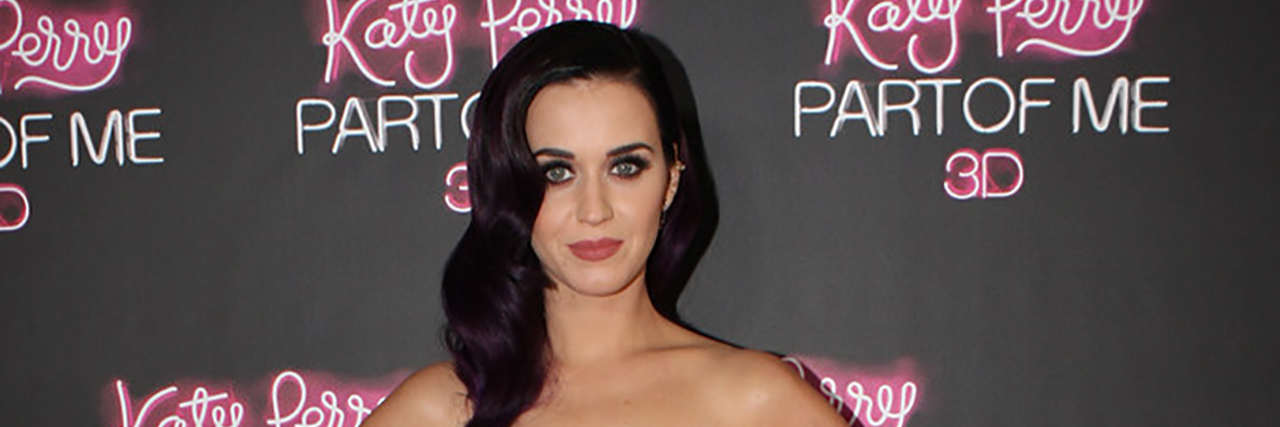Katy Perry's Metaphor for Coping With Situational Depression Is One You'll Want to Hear
When we encounter negative or stressful experiences, it’s easy to get stuck in a rut. Sometimes these experiences overwhelm us, and for whatever reason, we can’t work through it. When this happens, we can experience situational depression or other mental health problems.
If this has happened to you, Katy Perry can relate. The singer told Vogue Australia she knows what it’s like to experience situational depression — and feel like you don’t have the coping skills to get through it. She said it’s similar to developing a “computer virus” that affects our behaviors and lives:
I believe that, essentially and metaphorically, we are all computers, and sometimes we adopt these viruses via our parents or via the nurture that we are given or not given growing up. They start to play out in our behavior, in our adult patterns, in our relationships.
Learning coping skills as children is a way to ward off these “viruses,” and parents tend to be the ones who teach them, according to PsychCentral. How a person copes with stressful experiences through childhood, adolescence and young adulthood can either serve as a protective factor or a risk factor for developing a mental illness. Those who develop healthy coping skills tend to be more resilient to mental health conditions. Of course, situational depression and other mental health problems cannot be completely prevented.
In January, Perry attended a week-long “personal-growth retreat” to help with her situational depression. Perry considers her time at the retreat a “system reboot.” After her 2017 album “Witness” didn’t perform as well as expected, Perry said she dealt with depression. She told the magazine she put too much personal validity in the public’s reaction, so when it didn’t perform well, Perry experienced feelings of “brokenness.”
Taking time out of our lives to go to a retreat isn’t widely available for many of us, but there are some things we can do to help learn coping skills and fight off situational depression. We can identify and develop healthy coping skills by getting ideas from lists of common skills. There are different types of coping skills like finding distractions during a particularly hard moment or social skills like talking to a trusted friend. You can also reach out to a mental health professional for therapy to process the stressful experience and identify coping skills.
If you’ve tried coping skills and other strategies to deal with situational depression, and you don’t feel better, that’s not on you. The important part is to continue trying to feel better, even when that seems like the hardest thing in the world.
Image via Creative Commons/Eva Rinaldi Celebrity and Live Music Photographer

